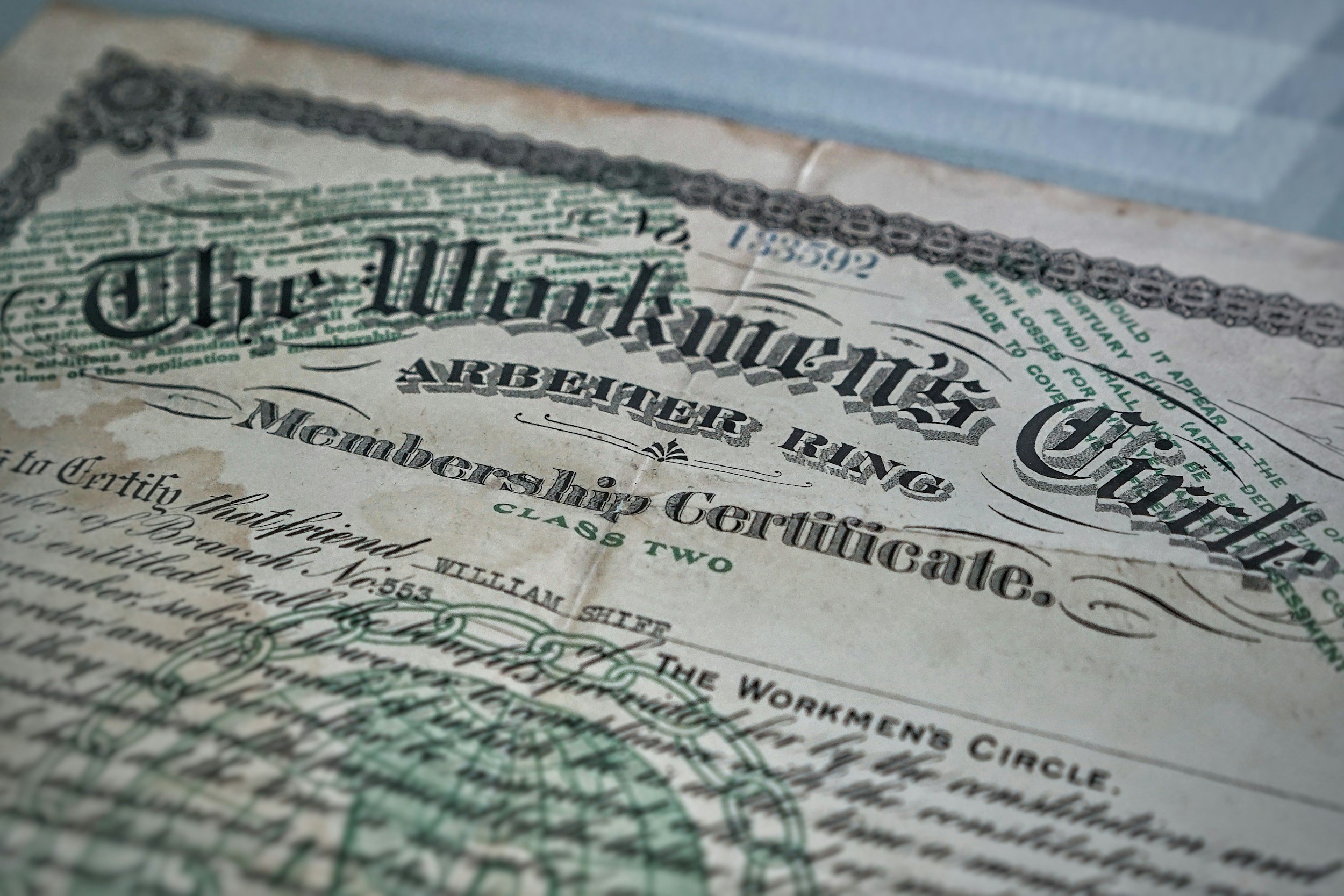In this time of uncertainty, it is more important than ever to plan for the future. By executing the right estate planning documents and making your plans known to your loved ones, you can protect your health, wealth and legacy.
Estate planning encompasses management of your assets while you are alive and succession of your property when you die. It includes making healthcare advance directives, as well as appointing trusted individuals to make decisions for you. Good estate planning protects your assets now and in the future from creditors to the greatest extent possible, and minimizes your tax liability.
Here are some strategies that I use to help my clients create the best possible estate plan:
1. Re-Title Assets to Avoid Probate:
Upon a person’s death, his remaining assets will become a part of his probate estate . The more assets that are in the probate estate, the higher the legal costs of the probate for the estate. This is because a probate attorney’s fee is calculated according to the value of the estate, pursuant to statute.
So it is generally in your best financial interest to designate beneficiaries on the titles of your assets in order to avoid probate.
Florida law provides that all banks and financial institutions must allow account holders to designate transfer-on-death beneficiaries. Upon the death of the owner, his beneficiary- designated account transfers automatically to his chosen beneficiary. So this account will not need to be included in the owner’s probate estate.
The same principle holds true for real property. Florida law recognizes an enhanced life estate deed that allows the property owner to name a beneficiary of the property while the owner is still living. This type of deed is enhanced because the property owner reserves the right to sell the property to someone else, if he changes his mind. Once the owner dies, the property automatically passes to the designated beneficiary free of probate.
2. Plan for the Improbable:
A good estate plan should plan for all contingencies. A parent usually assumes that his child will outlive him, and may devise his property to the child in a will or trust. The parent should also consider, however, that he may outlive his own child and should designate contingent beneficiaries. The same principle holds true for appointment of personal representatives and trustees. A well-drafted will or trust will provide for contingent fiduciaries to serve if the primary fiduciary is dead or incapacitated.
3. Choose Your Fiduciaries Carefully:
A good estate plan will designate trusted individual(s) to administer a trust or to act as personal representative of the estate in a probate proceeding. The estate planning document should state the powers that you are grant to your fiduciary. If there is more than one fiduciary, the document should provide for how to resolve disputes between the fiduciaries.
4. Consider Carefully Whether to Create a Will or a Trust:
Generally speaking, a person can pass their assets upon their death by way of a will or a living trust. Each tool has distinct advantages and disadvantages. A formal probate of an estate pursuant to a will takes many months and involves substantial legal fees and costs. On the other hand, the probate process is overseen by a court so there are strong incentives for the personal representative of the decedent’s estate to act honestly and diligently.
A person who creates a living trust, on the other hand, transfers property to his trust during his life. He designates someone to act as trustee after his death and to manage or distribute the property according to his instructions. Because the property is already in the trust at the time of his death, there is no probate needed. The administration of the trust is not supervised by any court (though the successor trustee is required by law to file a copy of the trust in the public records upon the death of the trust creator, which puts beneficiaries of the trust on notice as to their rights).
5. Let Your Loved Ones Know Where You Keep Your Documents:
Florida law requires your heirs to prove your will upon your death. By properly executing a will along with a “self-proving affidavit,” you make this process easy . Your heirs need only file the original will with the clerk of court, and the will is proved. If , however, your heirs can not locate the original will, proving the will can be difficult or impossible. Furthermore, if no copy of your will can be found, then a presumption arises under the law that you intentionally destroyed the document.
6. Consult an Experienced Estate Planning Attorney:
Effectively planning an estate requires a lot of specialized knowledge. There is specific language required to effectively convey your assets to your loved ones. Florida law also requires strict compliance with certain formalities when you execute your documents.
If you need assistance planning your estate or for the succession of your business, contact estate planning attorney John Clarke using the form on this website or call the office at (954) 556-8952.

